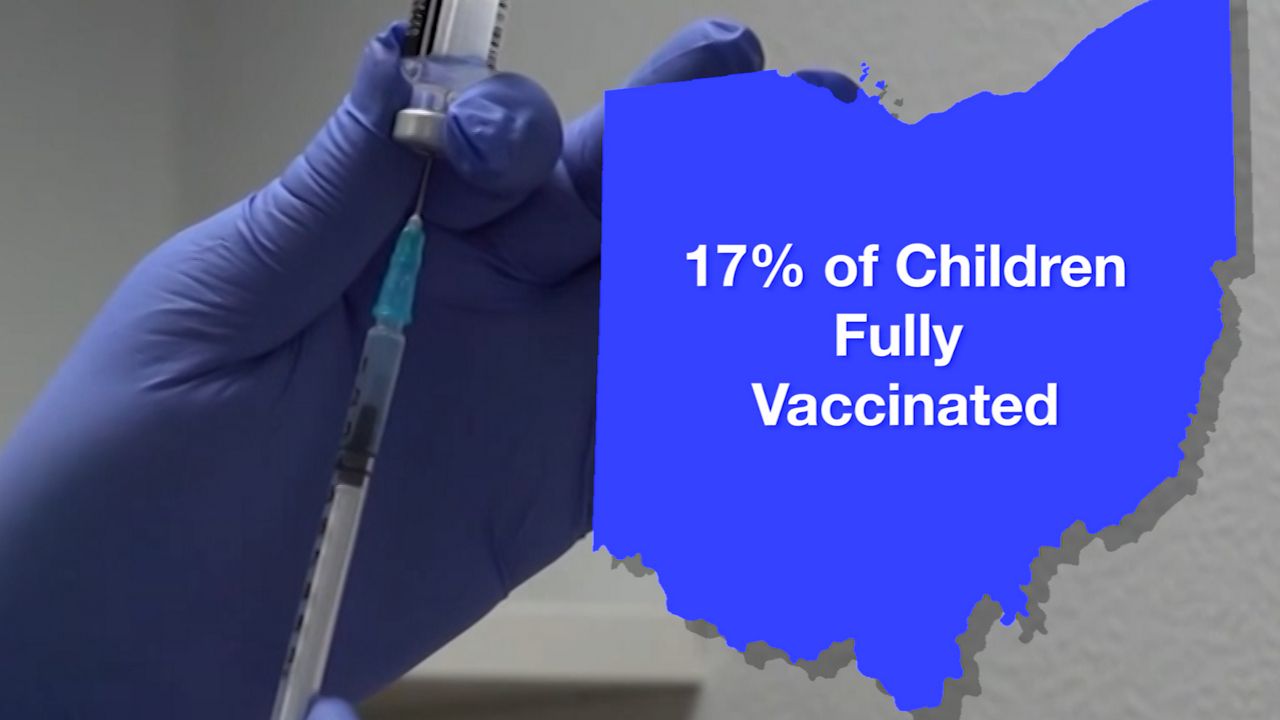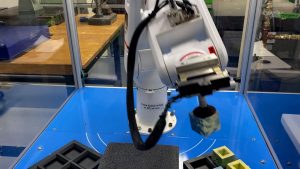Two Senate Democrats are calling on the Federal Trade Commission to investigate reports of artificially increased prices on COVID-19 test kits as an omicron-driven surge in cases begins to ease across the country.
In a letter released Wednesday, Sens. Ed Markey, D-Mass., and Richard Blumenthal, D-Conn., asked FTC chair Lisa Khan to investigate and “take all necessary action to prevent” price gouging of COVID-19 tests. Price gouging – which is considered a deceptive trade practice under most states’ laws – occurs when manufacturers of a vital good or service unnecessarily hike the price of the commodity, particularly around the time of a national emergency.
“The demand for these test kits by Americans concerned about their health, trying to protect friends and family from infection, or in need of a negative test for work, travel, or child care, has led to supply shortages and empty shelves across the country,” the senators wrote in part. “These conditions are unfortunately ideal for predatory and profiteering behavior, including the sale of fraudulent test kits or charging exorbitant prices for those that are available.”
“In light of these realities, the FTC must be vigilant and respond immediately to any such illicit activity,” they added.
Reports of test shortages and associated price hikes have popped up across the country in recent weeks, prompting a number of state attorneys general to warn consumers to be on the lookout for inflated COVID-19 test prices.
New York’s attorney general Letitia James issued an alert reminding manufacturers of the state’s price gouging statute, which prohibits businesses from “charging unconscionably excessive prices for essential goods and services during periods of an abnormal disruption of the market.” Essential goods include, but are not limited to, at-home COVID test kits, disinfectants, toilet paper, tissues and rubbing alcohol.
And on Tuesday, Washington state attorney general Bob Ferguson asked residents to report incidents of COVID-19 test price gouging to his office. While the state failed last year to pass a price-gouging law, Washington’s Consumer Protection Act bans “unfair and deceptive business practices.”
In addition to the request to the FTC, Sen. Markey also penned letters to 11 test manufacturers – Abbott, Access Bio, ACON Laboratories, Becton, Dickinson & Company, Celltrion USA, Ellume Health, iHealth Labs, InBios International, OraSure Technologies and Quidel – seeking information on their per-test manufacturing cost versus the retail sale of their test kits.
The senator also wrote to the CEOs of eight major retailers – Walmart, Amazon, Kroger, CVS Health, Walgreens, Rite Aid, Sam’s Club, Target and Costco – to request information on the wholesale price per unit each company pays for the tests, versus the sale prices of the products.
Both letters asked the companies to submit answers no later than Jan. 27.
Prices for the Abbott’s BinaxNOW COVID-19 Antigen Self Test kits increased at both Kroger and Walmart in December after a monthslong agreement with the federal government expired. Under a deal with the Biden administration announced in September, retailers had agreed to sell the test kits at-cost to Americans.
Markey’s letter asks, in part, whether the price hikes were due to an increase in demand or lack of supply, and what steps the companies have taken – outside of the previous agreement with the White House – to keep prices low for consumers.




